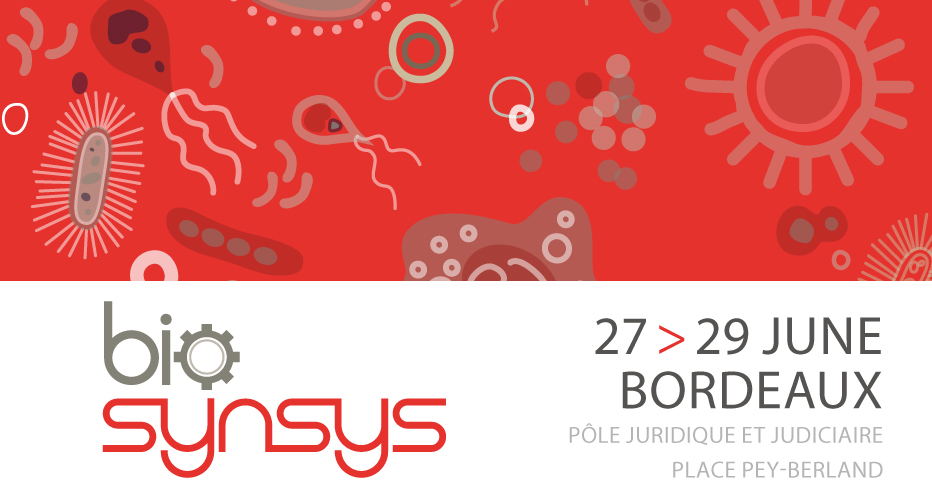Cellular interactions with the extracellular matrix or with other cells are involved in nearly every cellular response in vivo. These responses, in turn, affect nearly all facets of cell's life, including, but not limited to, directional migration, cell proliferation, differentiation, survival and gene expression. Although attaining a fundamental characterization of these cellular functions is a compelling goal, the extensive complexity of these processes has hindered a full understanding. Therefore, engineering of biomimetic systems for controlled manipulation of subcellular units in vitro has become an important strategy. The synthetic approach can contribute to the understanding of the mechanisms underlying the ability of cells to perform “intelligent” missions, such as acquiring, processing and responding to environmental information.
In this lecture I will describe our modular engineering approach to dissect complex cellular sensory machinery by means of an automated, high-throughput droplet-based microfluidic technology. Specifically, I will focus on the capacities of this technology in bottom-up assembly of stable and, therefore, manipulable cell-like compartments with a well-defined chemical and biophysical microenvironment. The developed protocells are capable of self-assemble different cytoskeletal and transmembrane proteins, and, as a consequence, generate cellular functions such as adhesion, migration and self-propelling.

 PDF version
PDF version
